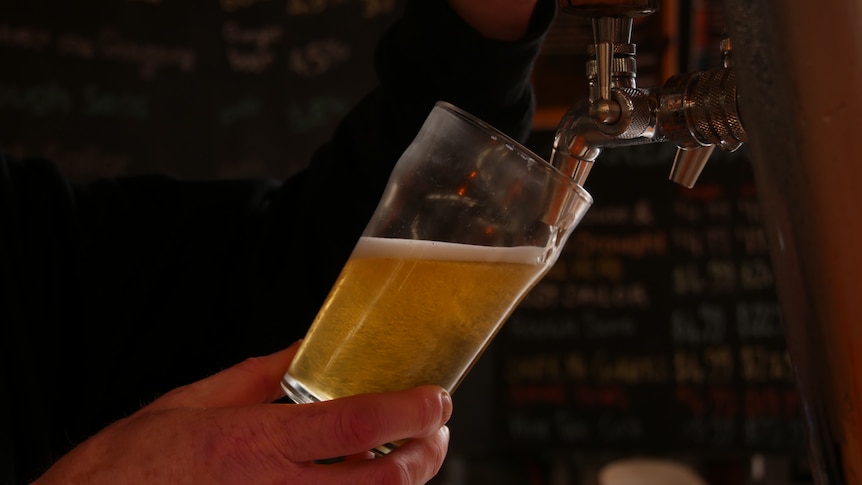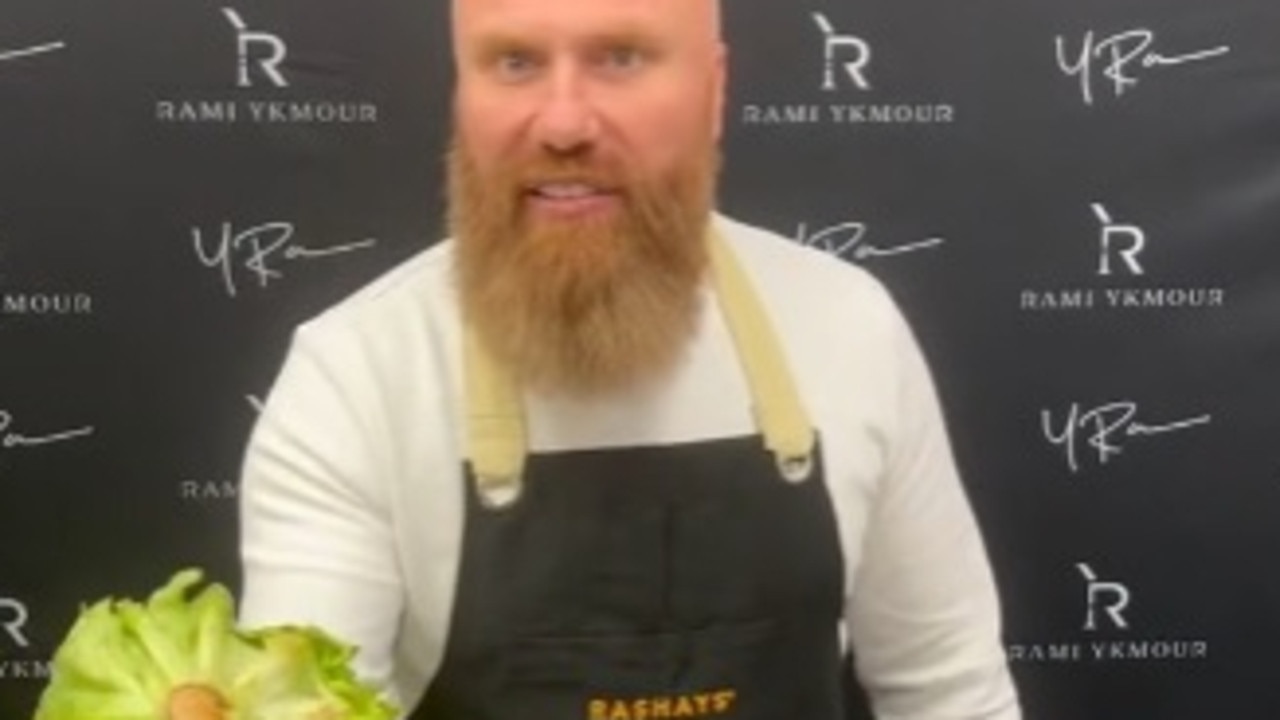Brewers have warned that packaged beverages will become more expensive and could increase by a larger margin that pints at the pub.
Key points:
- Brewers say drinkers will feel the pinch whether they are at the pub or the bottle shop
- The rising cost of aluminum will push the price of canned drinks up
- This month’s hike in excise tax for full-strength beer is the highest climb in 20 years
Independent and larger-scale brewing companies across Australia are feeling the pressure of a recent increase in excise tax, as well as a spike in aluminum and ingredient prices.
Wilson Brewing Co founder Matt Wilson said brewers had tried to keep prices as low as possible, but it was inevitable they would rise.
“You’re not only going to see an increase in pint prices at the pub, you’re actually going to see a larger increase of packaged product that you would purchase and take home to drink,” he said.
Excise tax strain
The alcohol excise tax increases every six months, and the most recent hike of 3.84 per cent for full-strength beer was the largest in 20 years.
Mr Wilson said brewing costs had ballooned by about 60 per cent over the past two decades, and that flowed on to consumers.
“You might see a $5 to $10 raise in carton prices coming up around Christmas time or even before,” he said.
“The unfortunate thing about excise taxes, it never goes backwards.”
Everything is going up
There are multiple inputs that go into crafting and brewing beer, all of which have inflated.
Mr Wilson said aluminium, used to package cans of beer, was rising in cost.
“Grain, barley especially, is the highest spec of barley of grain that a farmer can grow to … so their direct energy input costs is directly reflected on the price that they’ve charged for their grain,” Mr Wilson said.
“grain [is probably] our third biggest input.”
GrainGrowers chief executive David McKeon said Australian barley prices were trading above historical averages.
“Right across Australia, we’re looking at bids anywhere into the low to mid three hundreds for for barley [dollars per tonne] … it’s a fairly strong price,” he said.
He said it was important to not only consider the raw price of barley going into an end product.
“We are seeing a lot of other factors influencing a lot of our processors, manufacturers and retailers … some of those [being] challenges around supply chains, freight costs, labor costs, and energy costs,” Mr McKeon said.
Resource analyst Tim Treadgold said aluminium, a popular material choice for packaging, was an expensive item to produce due to the amount of energy it required.
“In order to get the can through the plant onto a truck off to the bottling or packaging depot … the trucks that haul up there are running on liquid fuels, which are also expensive,” he said.
“The energy input into the whole process has gone up substantially in all facets of production.”
Worse than COVID-19
Independent Brewers Association chief executive Kylie Lethbridge said she had concerns for the industry.
“We fared … relatively well out of the last two years of the pandemic, but by no means are we in recovery mode, in fact, some feel that this is more of a challenge,” she said.
She said skill shortages, material shortages and challenges such as freight costs would be applicable to any business in the country.
“If those waves keep hitting, then there is only so much a business can stand, and sadly, that may mean we lose… some independent breweries around the country.”
“The challenge … for the consumer is that the price of beer will rise, whether you drink it in the pub from a tap, or whether … you pick it up from the bottle shop,” she said.
.

